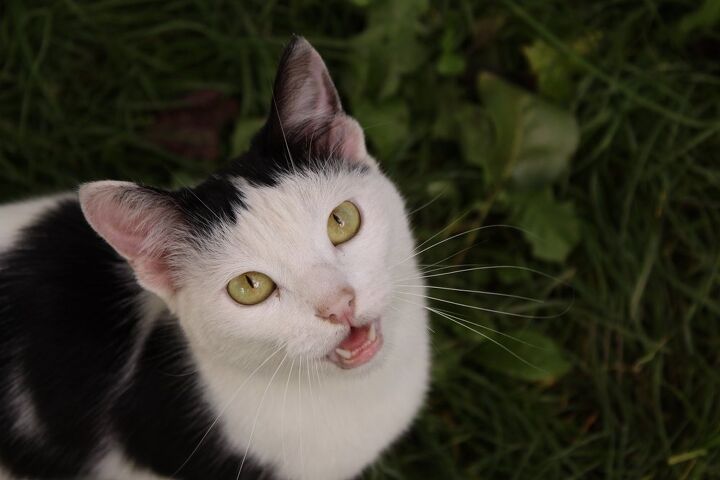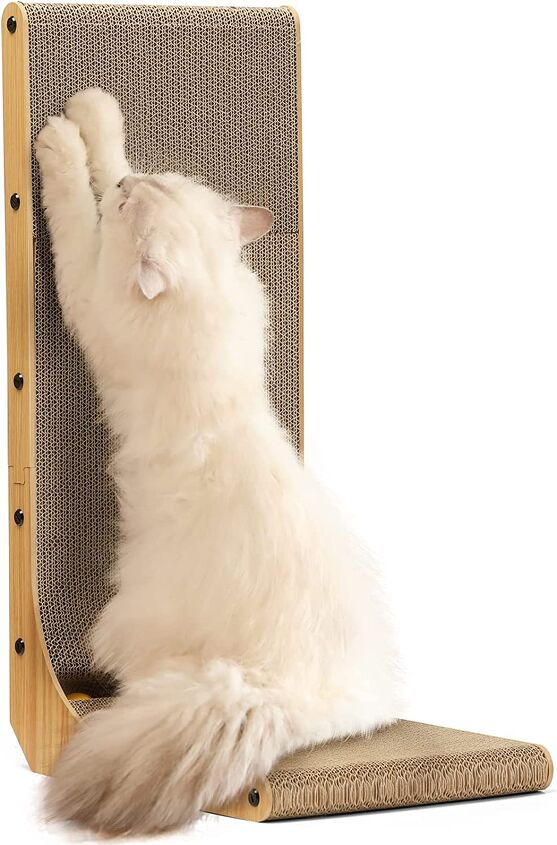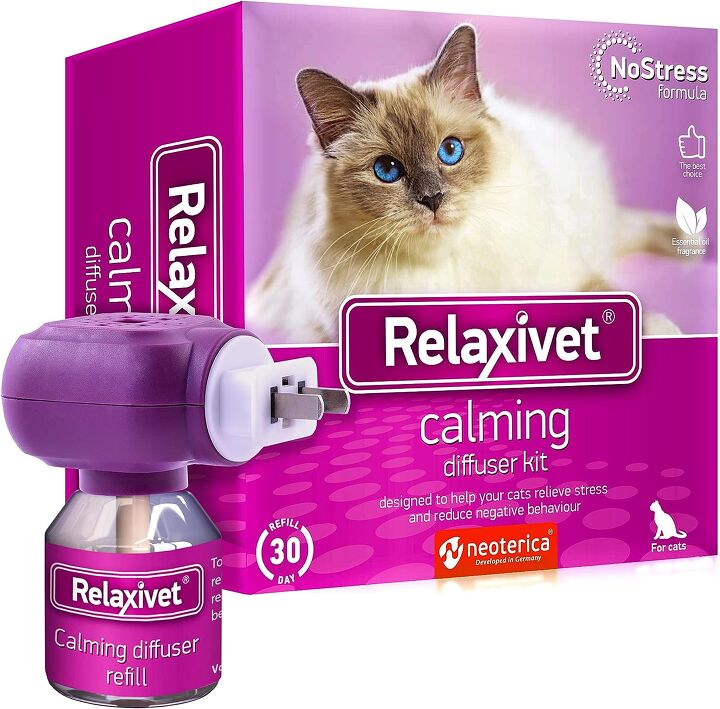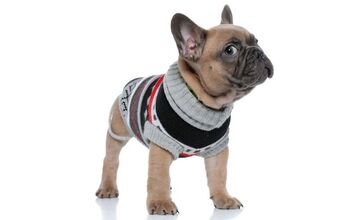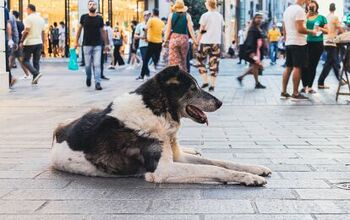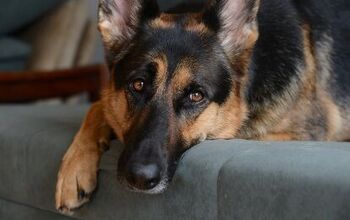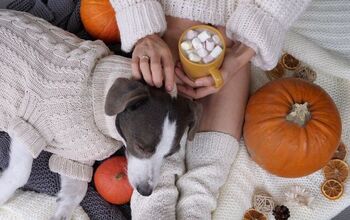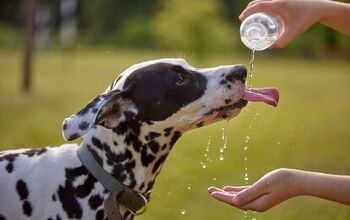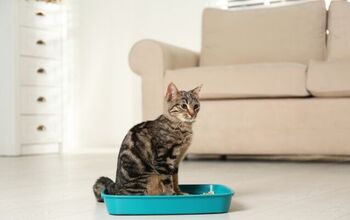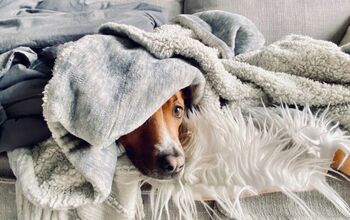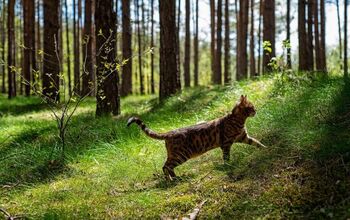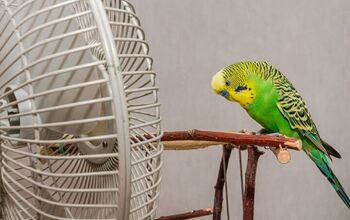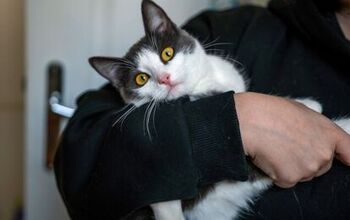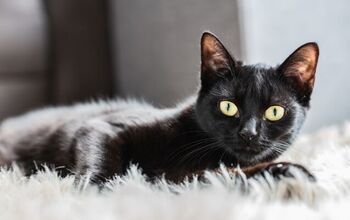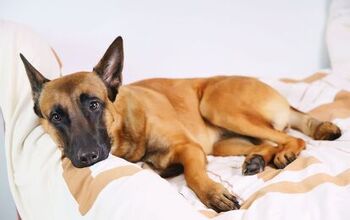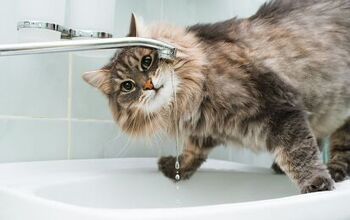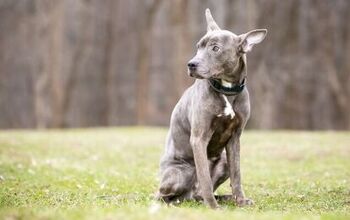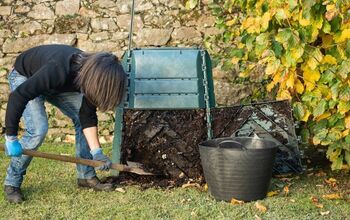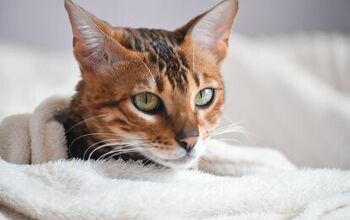Can Cats Get Separation Anxiety Like Dogs?

We all know that dogs tend to get very attached to their owners, and will often get separation anxiety as a result. But what about seemingly aloof and independent kitties? It is well known that cats can be bossy and temperamental, or simply look uninterested in their owners – until they need their poop scooped from the litter or kibble topped up, of course. Do they get separation anxiety as well? Or are they perfectly fine with you being out and about? Let’s find out how the feline mind works.
It is a popular opinion that cats are willful, stubborn, and can be “mean” as well. And while some cats can have these traits, it is not a universal rule. Cats are wonderful pets and their personalities are so colorful and rich. Despite what you might think, most cats will establish strong and lasting bonds with their owners. So, you can be sure that yes, some cats can display separation anxiety – just like dogs do!
Symptoms of Separation Anxiety in Cats
It is common for dogs to be so dependent on their owners, and even a five-minute separation can seem like the end of the world. But cats can feel this way too and will become distressed when separated from you for extended periods.
However, it might not be so simple to spot this anxiety at a glance. Cats are known for their “stone cold” expressions and overall enigma, so you’ll have to know the right clues that point to separation anxiety and mood changes. Here are just a few signs to look out for:
- Excessive vocalization: Howling and hollering? Meowing constantly? These could be the clear signs that something’s amiss. Cats may meow excessively when left alone. If you come back from being away and find your cat like this, it is likely separation anxiety.
- Destructive behavior: Here’s another obvious sign. Your furry feline friend may scratch furniture or other items in the house when distressed. If you find your favorite armchair torn to shreds, you know what’s up. You can mitigate this with a scratch pad, but it will not solve the anxiety issue.
- House soiling: Cats may start urinating or defecating outside the litter box when anxious. They usually do their “business” always at the same spot, but if they are stressed in any way, this could change suddenly.
- Loss of appetite: Cats may refuse to eat when feeling anxious or stressed. This is not your standard “pickiness”. This is a major issue that needs to be addressed.
- Hiding or avoidance: Your cat may hide away when they sense you are about to leave. Cats have strong senses and will be well aware of you preparing to leave. If they have been upset by this before, they will hide as a result.
- Over-attachment: Cats with separation anxiety may follow their caregivers around the house and demand constant attention when they are present. This can be followed by constant meowing and “climbing” onto your legs.
It's essential to remember that each cat is an individual, and their reactions to being alone can vary widely. Some cats may be more adaptable to being alone, while others may experience significant distress. Some may even love being left all alone! But those that don’t will need your care and company. When you have to go out, it is good to have a pheromone diffuser around. These nifty gadgets emit the same natural pheromone mother cats do when they nurse their babies, so it will calm down your kitty and send them back to those carefree moments. This can be a stopgap solution until you find a way to fix the situation.
Still, if you suspect your cat is suffering from separation anxiety, it's a good idea to consult with a veterinarian or an animal behaviorist. They can help identify the underlying cause and provide strategies to alleviate your cat's anxiety, making the experience of being alone more comfortable for them.

A proud mama to seven dogs and ten cats, Angela spends her days writing for her fellow pet parents and pampering her furballs, all of whom are rescues. When she's not gushing over her adorable cats or playing with her dogs, she can be found curled up with a good fantasy book.
More by Angela Vuckovic



